Titan Solar, one of America’s largest installers of residential solar panels, helped 100,000 households go solar before shutting down in June. Based in Nevada, the company was unable to find a buyer to acquire the firm.
Titan Admin informed staff that the company was shutting down after “negotiation talks fell through” with potential investors. Titan Solar is one of 16 major solar closures over the last year, but the solar industry has more problems than bad business.
Titan Solar Faced Numerous Complaints From Customers
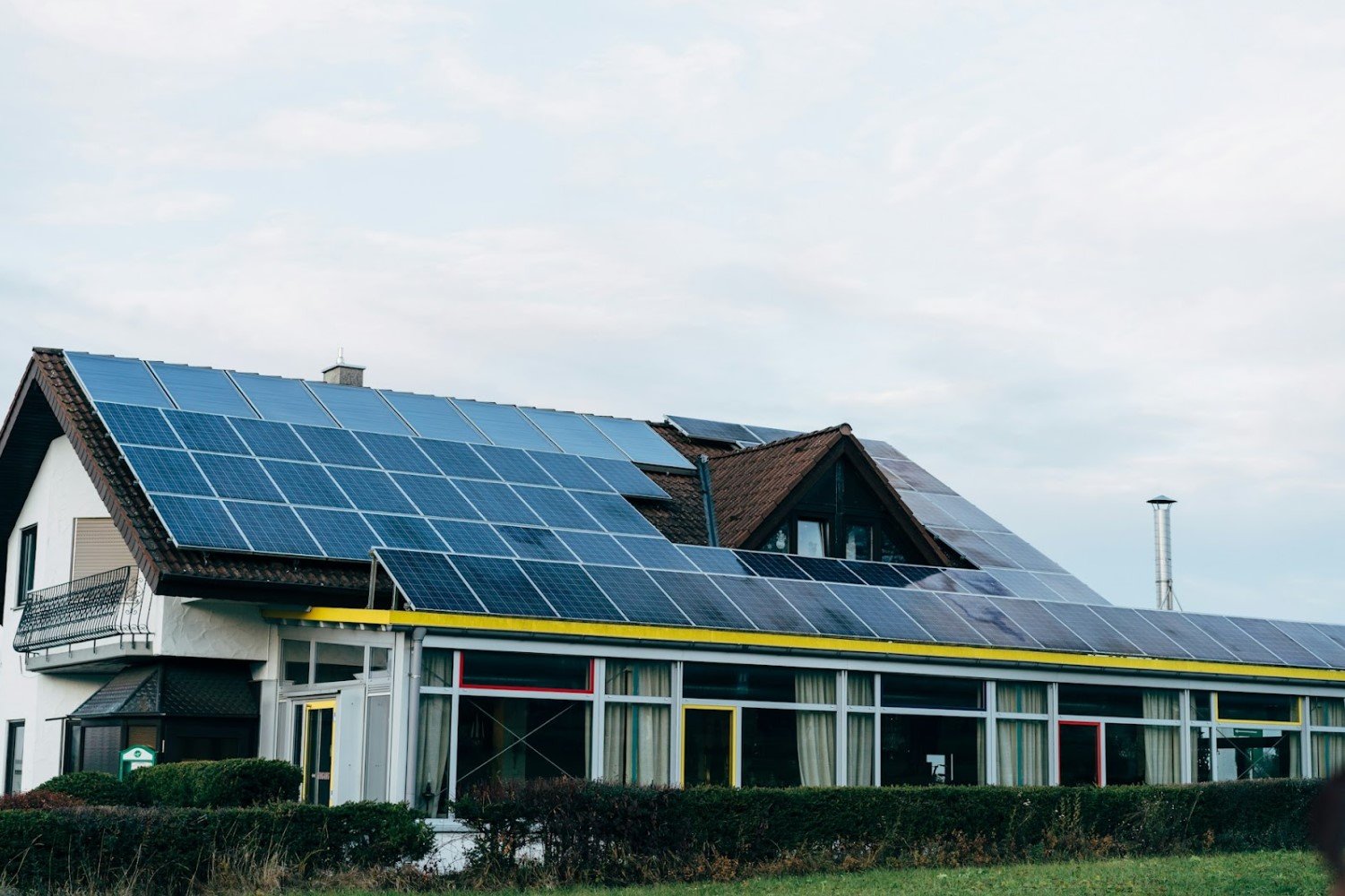
The company operated in 24 states but came under scrutiny from the Nevada State Contractors Board due to customer complaints.
In May, the firm had its probationary period extended so that regulators could investigate around 100 complaints. One customer told KTNV Las Vegas that her bills had not fallen after buying $58,000 worth of solar, having paid $400 a month to Titan Solar. This closure has left residents with potentially unwanted solar panels.
Titan Is One of Many Solar Companies to Go Bust Over the Last Year
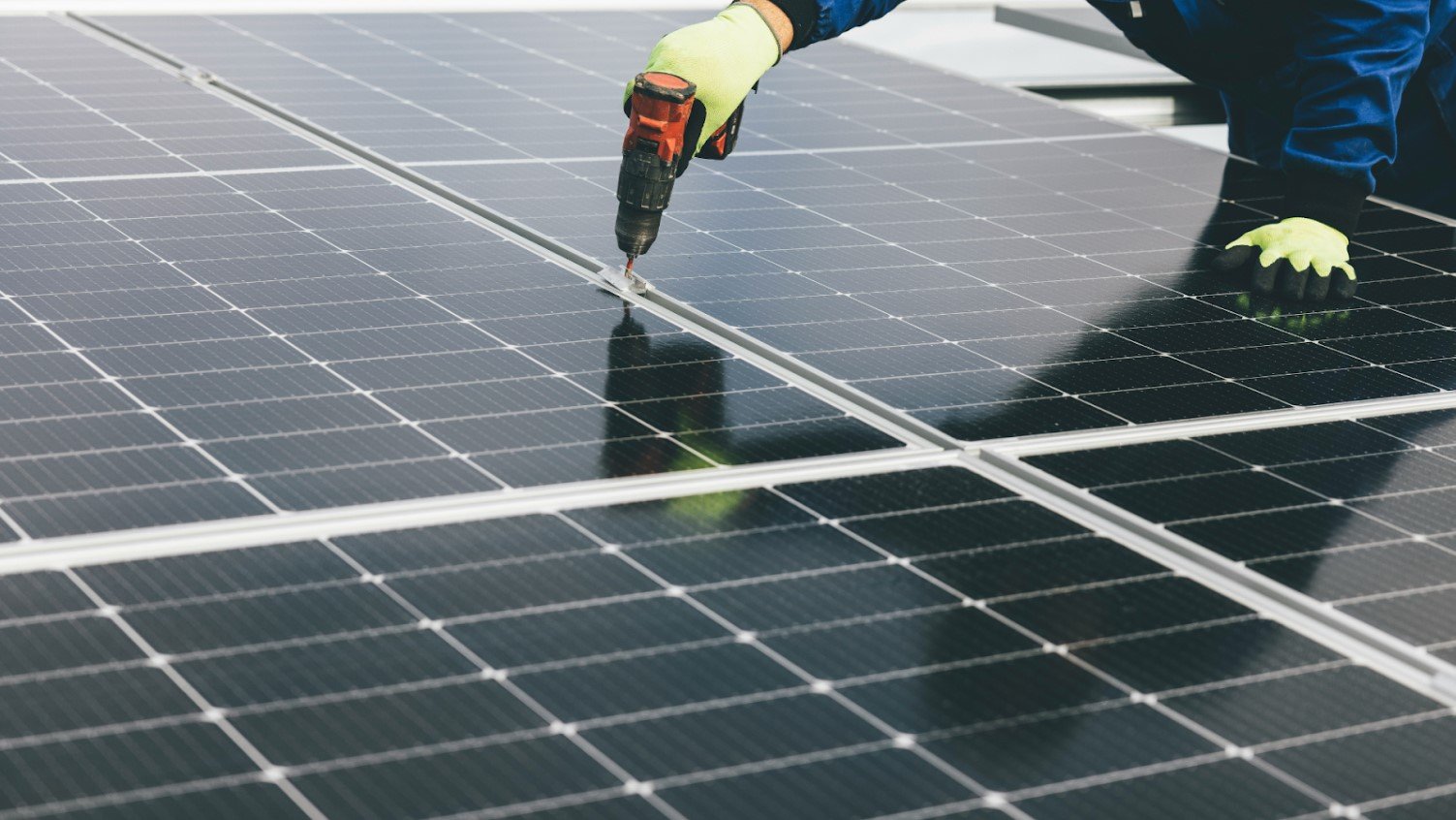
Sixteen major solar firms have filed for bankruptcy in 2023 and 2024, according to Solar Insure.
Other companies, such as Pink Energy and Vision Solar, have shut down following regulatory action and consumer complaints. Nationwide residential solar providers like SunPower have expressed “significant doubt” about its prospects, and SunRun has seen an 87% fall in its share price from its peak in 2020. Sunnova’s share price has fallen by 88%.
The Solar Industry’s Business Model Is Flawed
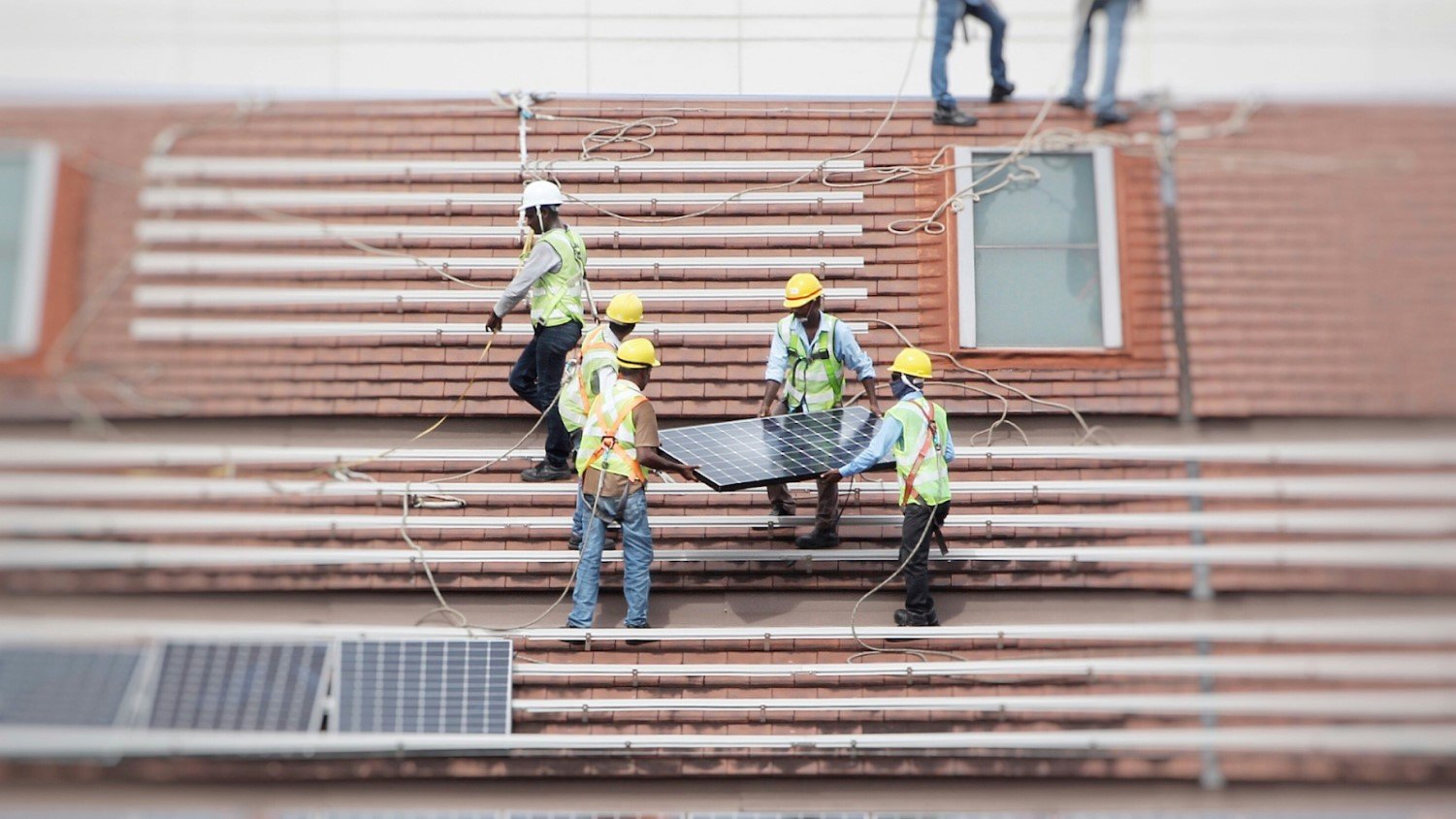
There are several factors behind the solar industry’s struggle to stay afloat. Higher interest rates on loans, lower likelihood to offset energy bills in some states and high installation costs make solar a high-risk investment for residents.
The most glaring problem is the use of the “dealer model,” in which outsourced (and often unsupervised) salespeople make promises that solar firms cannot keep in order to keep sales coming.
Pressure for Quick Growth in Solar Leads to Aggressive Sales Tactics
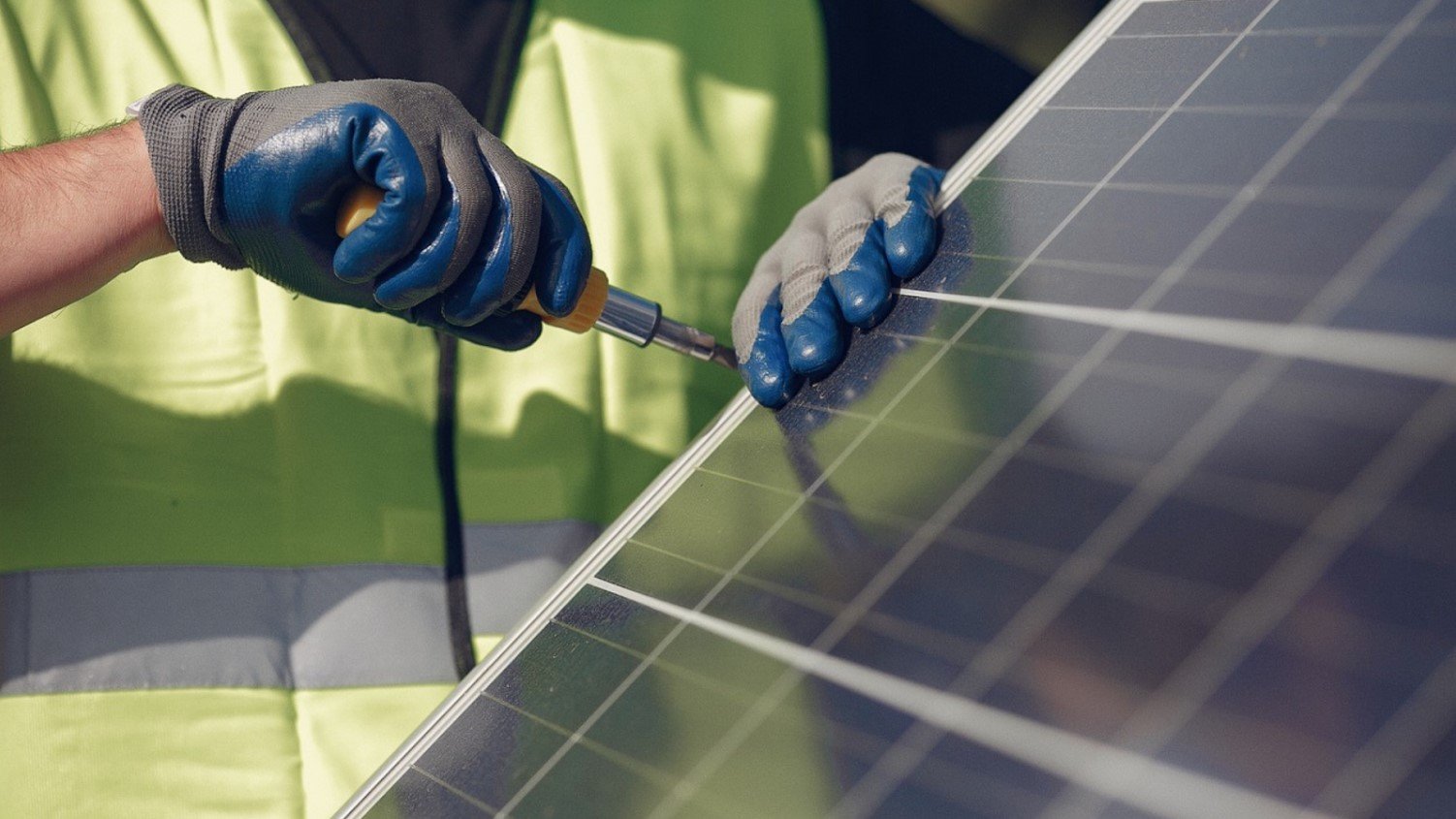
To make good on borrowed Wall Street money, solar companies have had to pivot to hard sells to keep sales coming.
Consumer lawyers have accused solar salespeople of using dirty tactics for a quick sell. Inflating consumer income on loan applications so that unqualified customers could sign up for solar and sending documents to fake email addresses so customers could not protest are just two examples.
The Dealer Model Promotes Growth ‘At Any Cost’
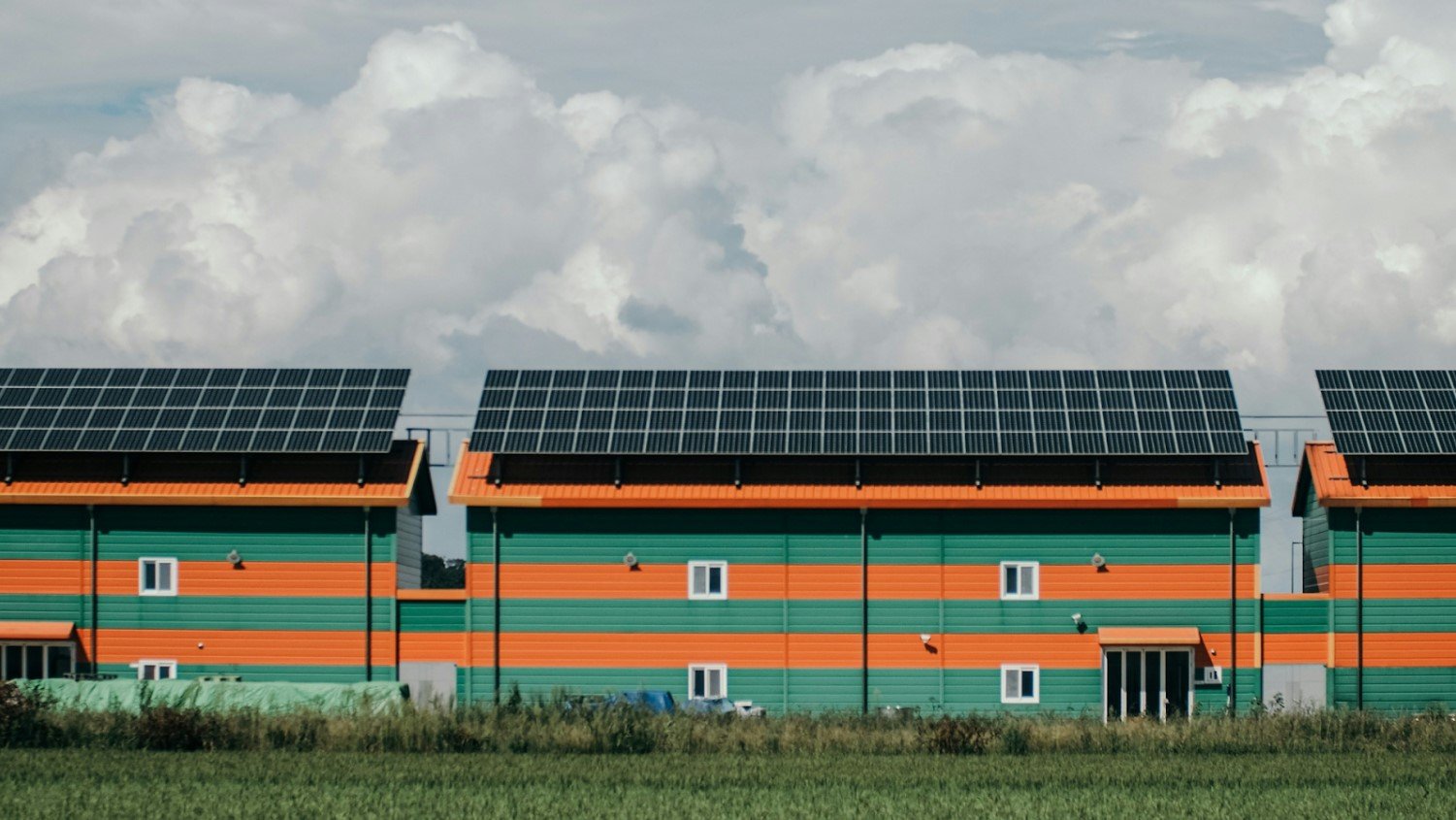
Titan Solar would set a minimum price at which the “dealer” would sell solar installations, and any higher would mean a salesperson gets a commission.
Walid Halty, founder of solar company Monalee, said the aim of the model is “grow, grow, grow, at any cost.” Chasing commission, contractors used hard sell tactics and made false promises to customers that Titan Solar would not be able to keep.
The Rooftop Solar Industry Has Gotten Increasingly Involved in the Finance Sector

By the early 2000s, 70% of solar installations were not sold to customers but leased. This model shift meant firms like SolarCity could claim a 30% tax credit, which could be sold to large corporations like Google.
SolarCity would also sell lease packages to investors. This led to the sale of solar asset-backed securities reaching $1 billion by 2017. This is the main reason why sales tactics became more aggressive.
Solar Firms May Flounder Following State Policy Changes
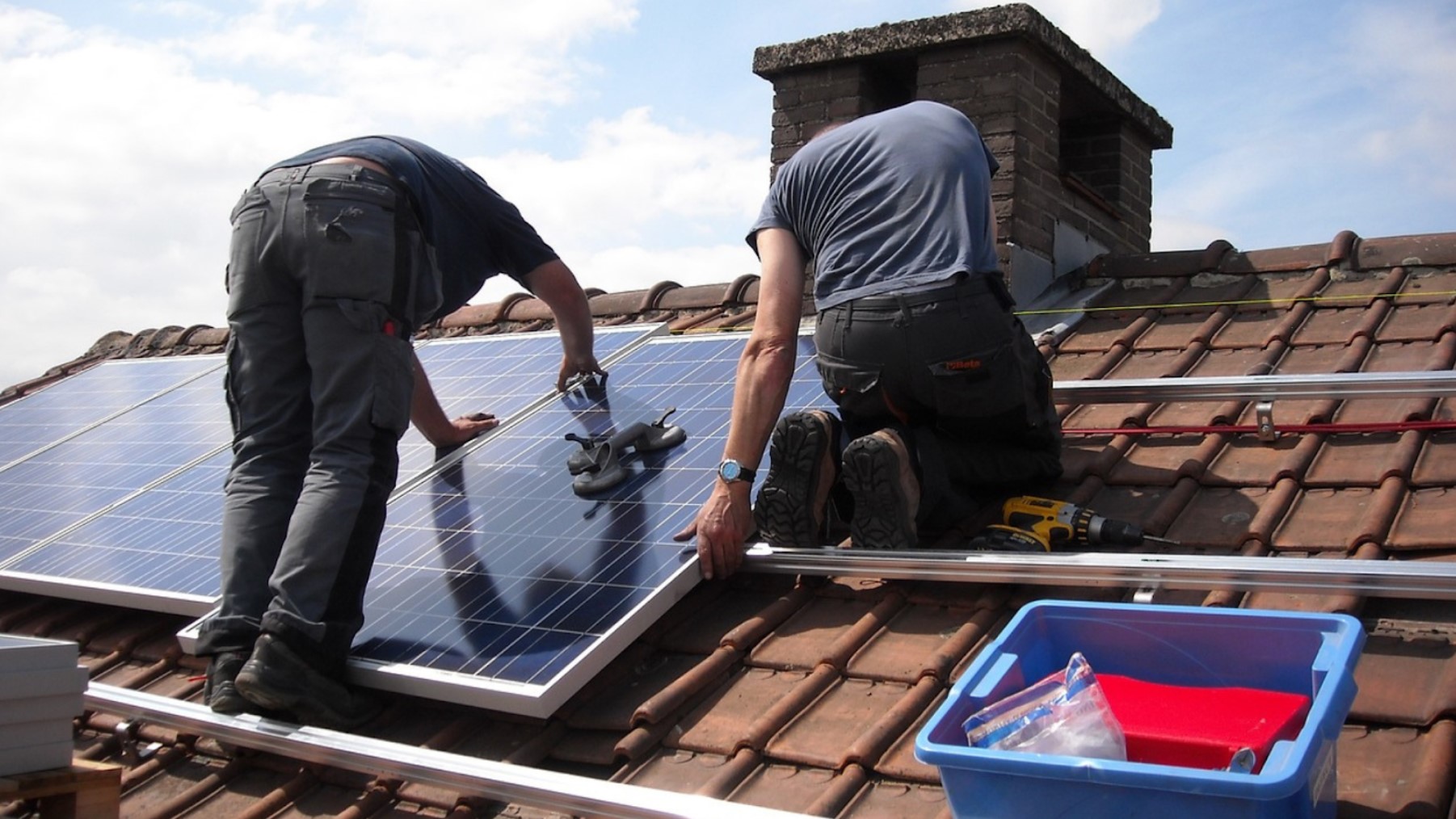
The California government has changed its legislation, reducing the amount of money residents can earn from installing solar panels.
California moved from net-metering the electricity generated by solar customers to net-billing, which reduces the value of credits per kilowatt a person might make from installing solar panels. Illinois, Indiana, Kentucky and Michigan have followed suit. This has made solar panel installations a much less attractive option for homeowners.
The Government May Incentivize Local Solar Projects
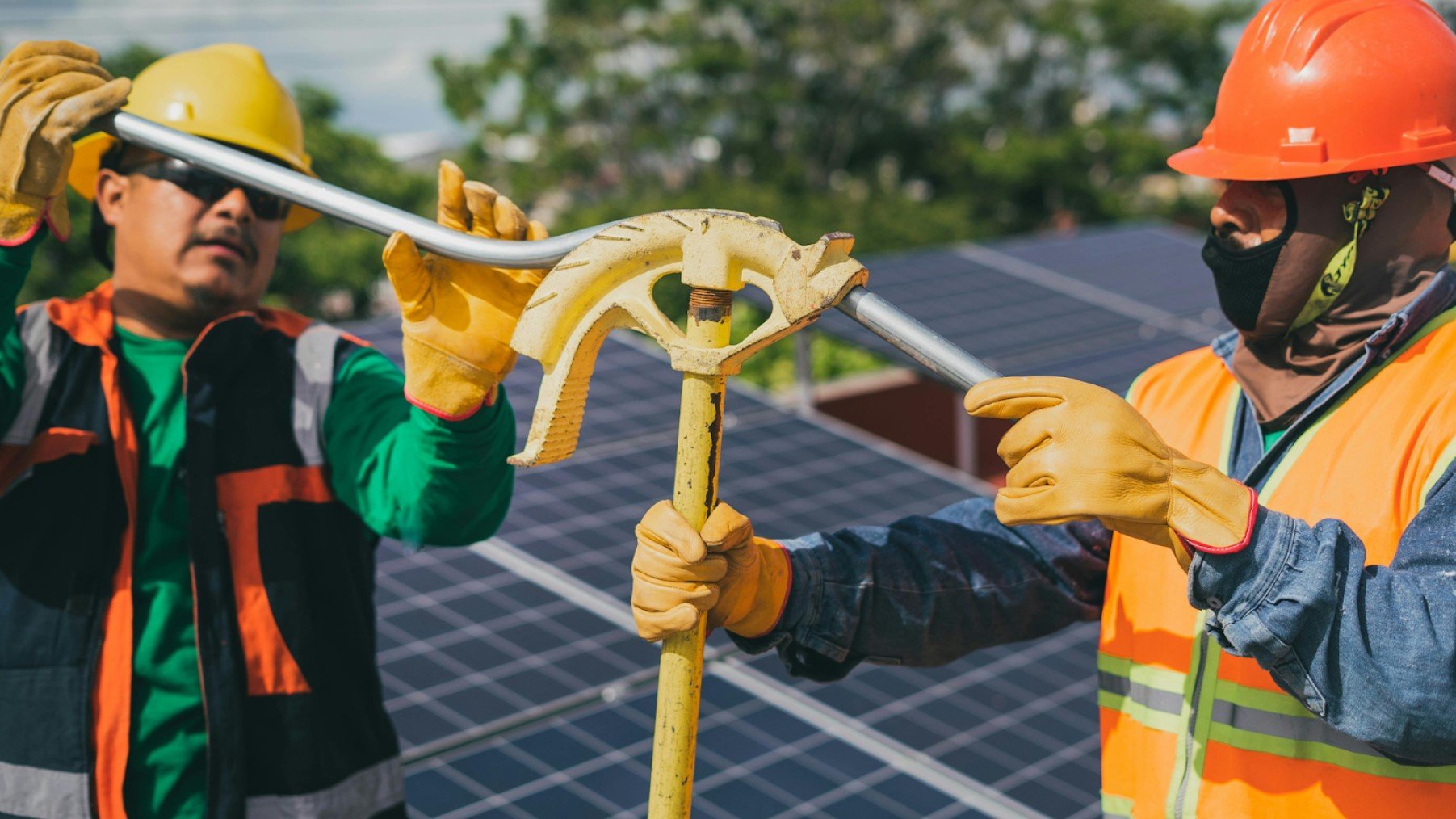
While some states have changed the way customers are compensated for sending power back to the grid, the federal government has plans to make solar more appealing.
The Federal Emergency Management Agency (FEMA) is offering to pay local governments to install solar panels and heat pumps to recover from climate-related emergencies or disasters. This program will be the first time that FEMA has funded net-zero projects.
Solar Must Still Play a Leading Role in Meeting U.S. Renewable Energy Targets
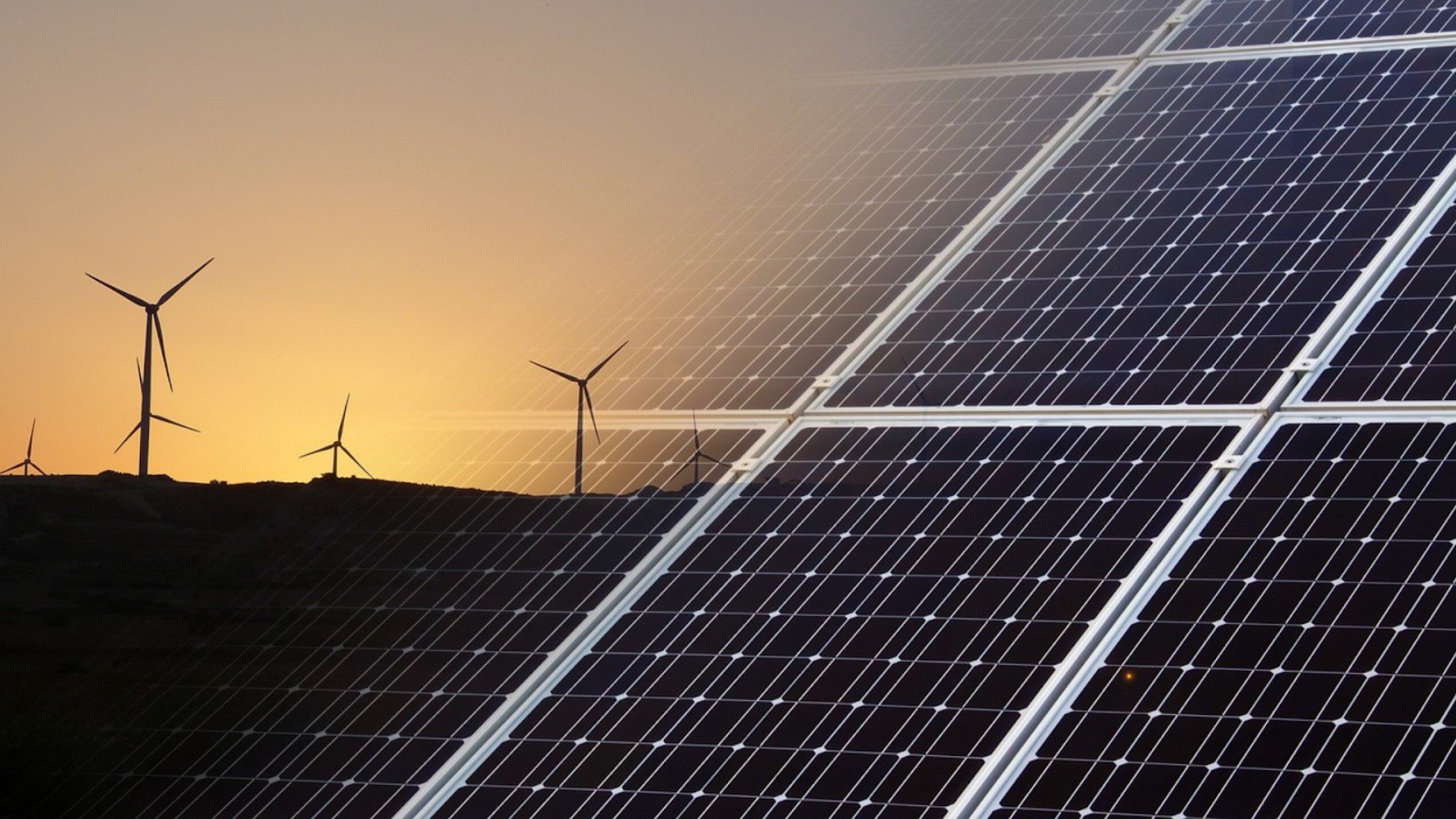
According to the World Resources Institute, annual installation rates of renewables over the next few years need to double 2023’s rates in order to achieve 100% carbon-free electricity by 2035.
Despite the predicted 12% fall in growth this year, solar energy was the fastest-growing power source in the U.S. in 2023 — a 55% increase from 2022. Solar energy currently generates enough electricity to provide for 5% of the nation.
The Future of American Renewable Energy Still Looks Positive
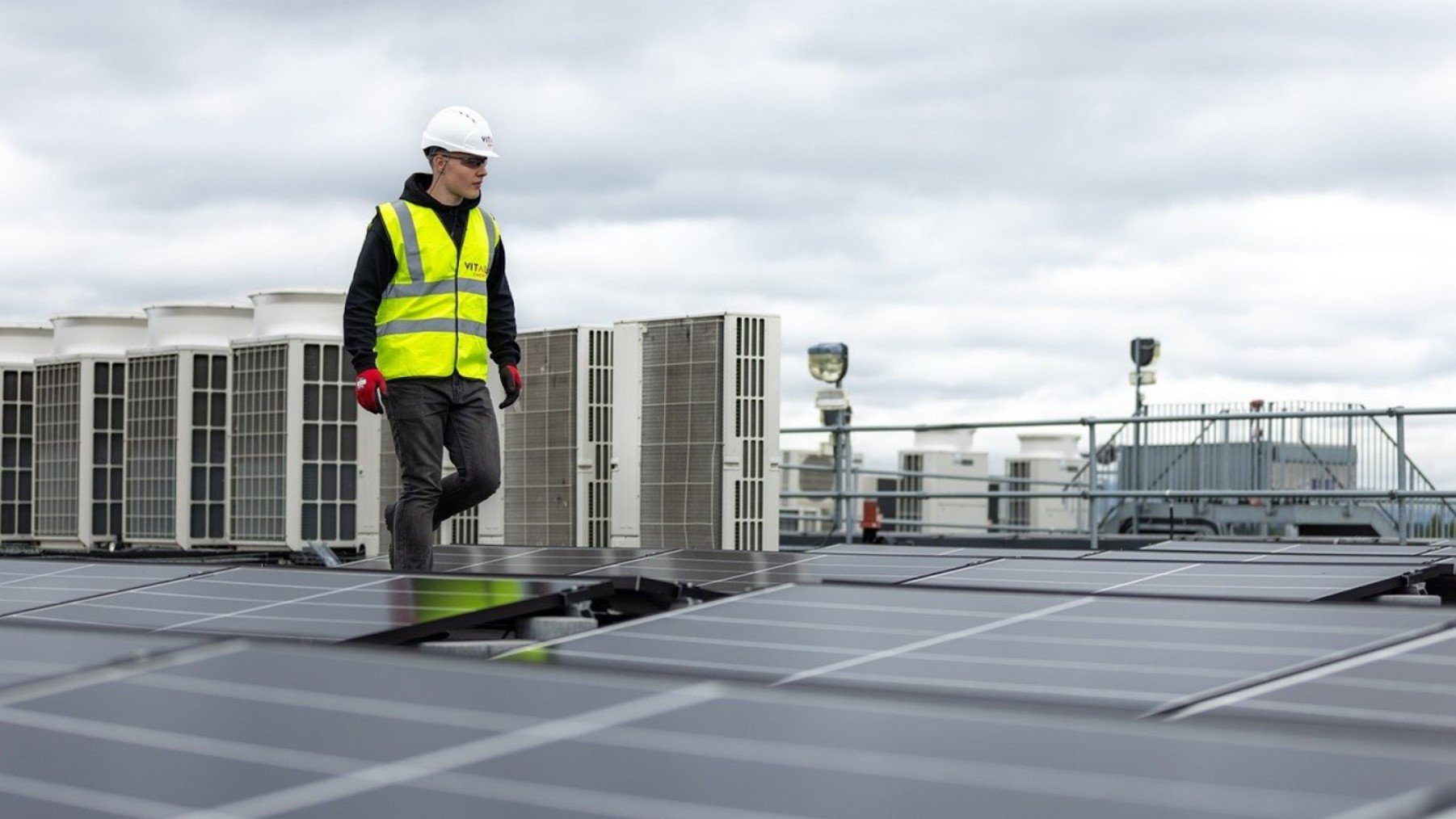
Just as the business model for residential solar power transformed in the early 2000s, regulatory action and consumer complaints might force solar companies to rethink their sales tactics.
Renewable energy is still a priority for the government, and while the solar industry is struggling this year, companies are predicted to experience higher growth and greater capacity over the coming years.
